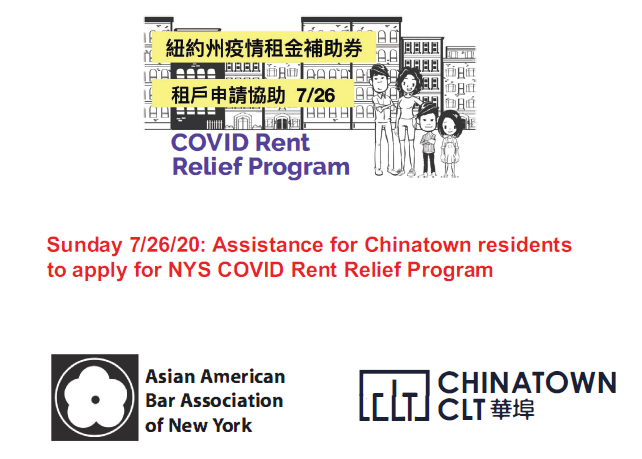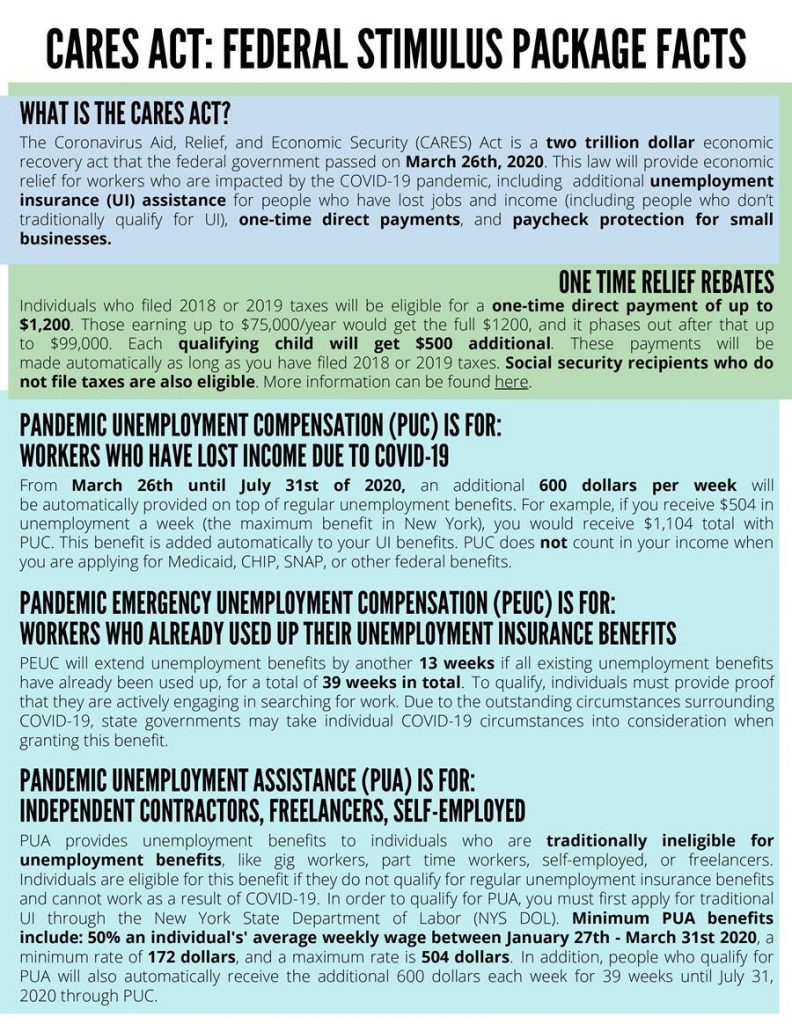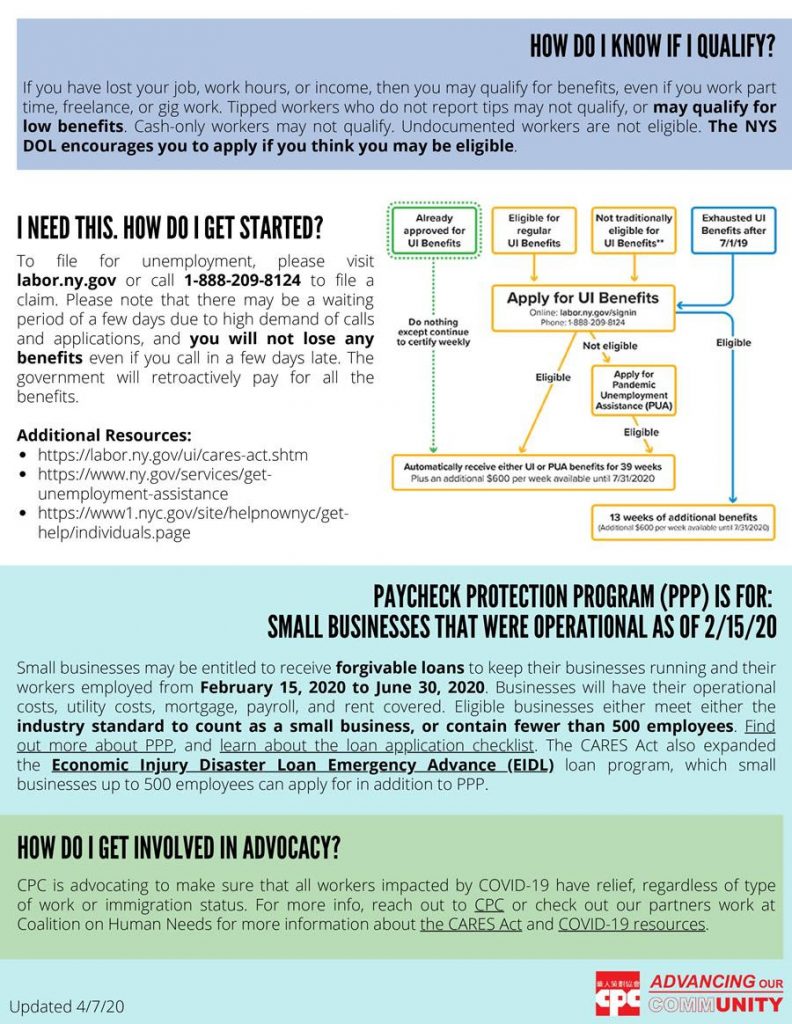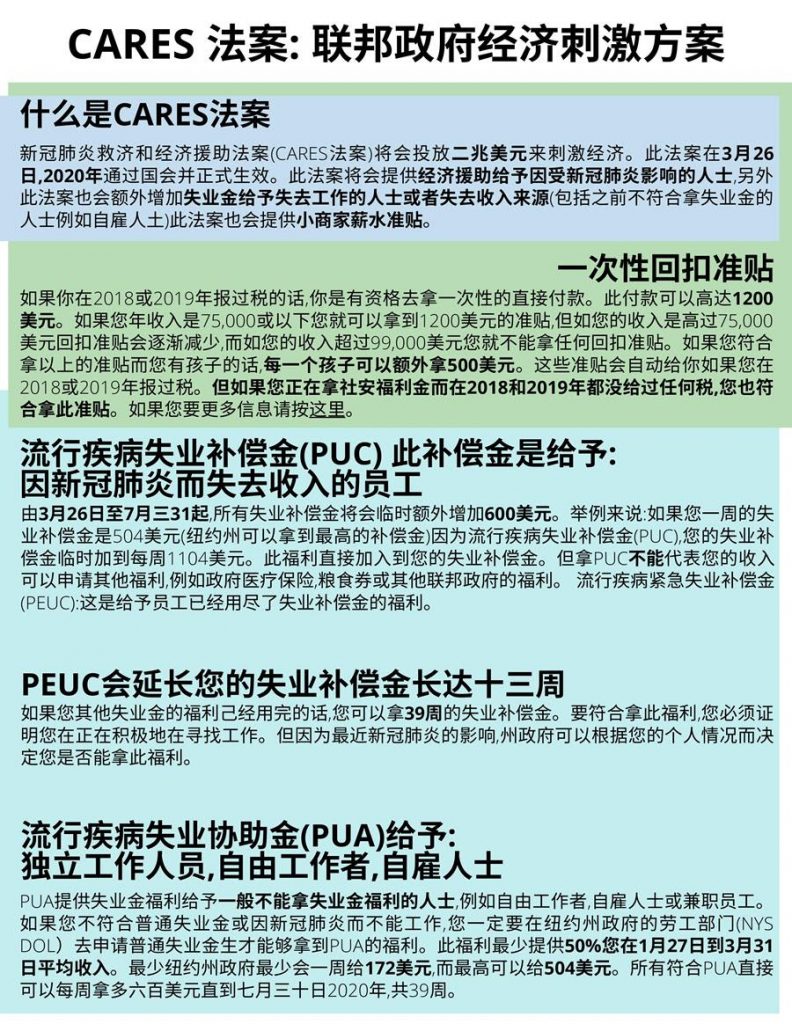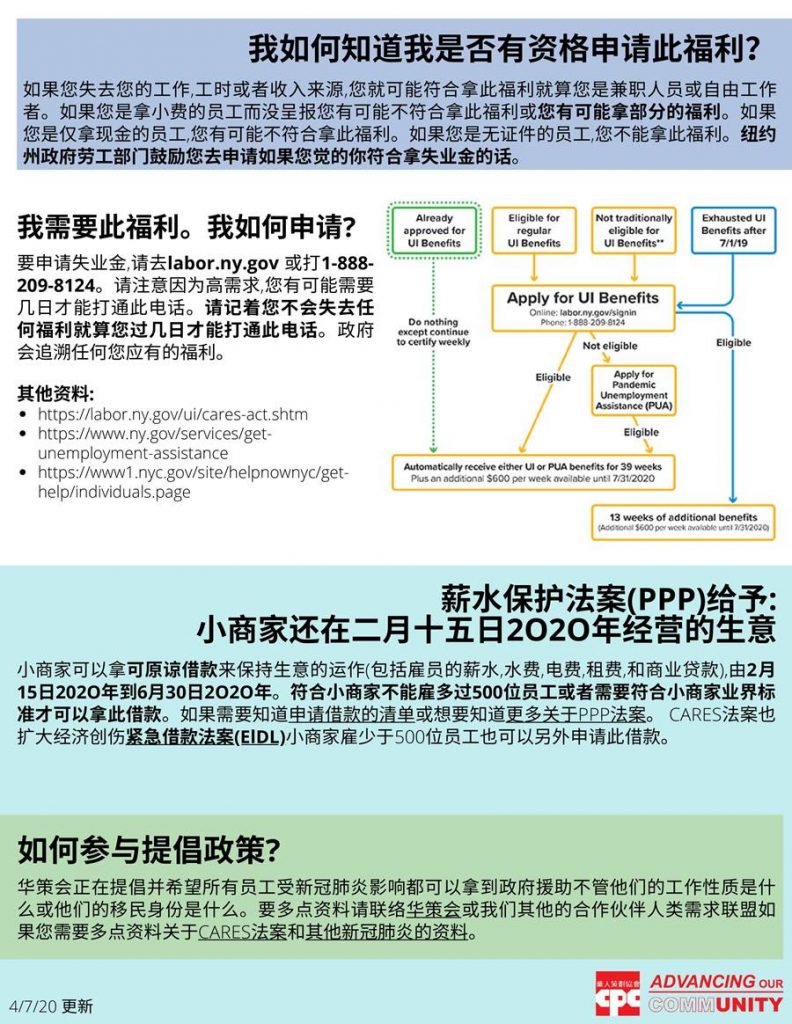On September 26, 2020, as part of AABANY’s 11th Annual Fall Conference, the AABANY Commercial Bankruptcy and Restructuring Committee hosted a panel discussion entitled “COVID-19 and Global Financial Distress: Where do We Go From Here?” The panel included:
- Courina Yulisa, Bankruptcy and Restructuring Associate at Dorsey & Whitney LLP (Moderator)
- William Hao, Counsel in Alston & Bird’s Financial Restructuring & Reorganization Group
- Vijar Kohli, Co-founder of Golden Door Asset Management
- Vincent Roldan, Partner at Mandelbaum Salsburg’s Bankruptcy and Creditors Rights, and Banking and Financial Services groups
The panelists observed a general increase in commercial bankruptcy filings accompanied by a decrease in individual Chapter 11 filings compared to last year. As the opening panelist, William Hao remarked that the phenomenon was partly due to court closures during the pandemic, which made it harder to complete filings. New York City in particular, as Vijar Kohli and Vincent Roldan explained, has been suffering from a significant reduction in traffic, negatively affecting traffic-dependent industries such as hotels and has led to a domino effect on retailers, landlords and suppliers. The absence of employees entering and leaving office buildings signaled the slow reopening of businesses. The panelists also discussed the increased accessibility of Subchapter 5 under the CARES Act to small businesses in addition to larger corporations to speed up the recovery process. And while there has been heightened pressure on landlords since the pandemic began, Vijar suggested that tenants pay attention to details such as rent payment deadlines in existing contracts and openly negotiate with landlords to lessen the COVID-imposed financial impact.
Regarding corporate strategies to preserve and increase liquidity, Vijar noted that the most significant move has been to preserve cash by increasing sales or reducing expenses. Since the protracted business recovery has added more uncertainty to the long-term trajectory of their business profitability, the lack of capital is still unfortunately a difficult problem to resolve. Vincent described the recent changes in the restaurant industry, where establishments have been transitioning to providing delivery-only services to cut production costs. Despite these challenges, William mentioned that the Paycheck Protection Program (PPP) can be helpful in getting capital temporarily, and again stressed that strategic negotiations with landlords can be particularly instrumental in preserving capital.
The panelists foresaw a slow recovery timeline for small businesses and that real estate businesses, in particular, may take up to two to three years—also depending on the vaccine distribution timeline—to bounce back to a normal level of business operations. No major changes are likely in the next three months, since the next stimulus plans would not include much for businesses and thus it is up to businesses to ensure their own survival right now. Vincent stated that companies need to pay attention to signs of economic distress to plan their next moves and contact bankruptcy lawyers to know their rights. And unlike the 2008 financial crisis, Vijar explained that this year’s economic downturns have also been accompanied by high rates of unemployment and the replacement of local, small businesses with new technology companies.
Thank you to Courina, William, Vijar, and Vincent, for this insightful panel discussion. And thank you to the AABANY Commercial Bankruptcy and Restructuring Committee, co-chaired by William and Vincent, for organizing this event. To view a recording of the panel, click here or on the image above.


